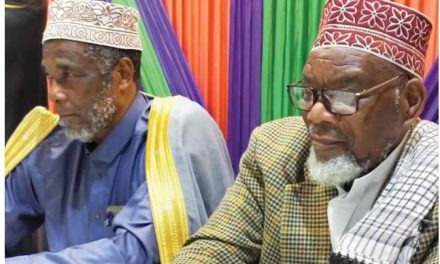
Comparison between Conventional Banking to Islamic Banking

Prepared by: Morill Ebrahim Ndemanga
| CONVENTIONAL BANKING | ISLAMIC BANKING | |
| • Money is a commodity as well as a medium of exchange. Therefore, it can be sold at a price higher than its face value and it can also be rented out.
|
• Money is not a commodity. It is only used as a medium of exchange. Therefore, it cannot be sold at a price higher than its face value or rented out.
|
|
| • Profit is earned by charging interest on capital. ‘Time value’ is the basis for charging interest on money/capital. | • Profit is earned through trade of goods or by providing services.
|
|
| • Interest is charged even in case the organisation suffers losses by using the bank’s funds. Therefore, it is not based on profit and loss sharing.
|
• Islamic banks may operate based on profit and loss sharing. If the business has suffered losses, the bank will share these losses based on the mode of finance used (e.g. Mudarabah and Musharakah). | |
| • While disbursing cash finance, running finance or working capital finance, no agreement for exchange of goods and services is made. | • The execution of agreements for underlying goods or services is mandatory while disbursing funds under Murabaha, Salam or Istisna contracts. | |
| • Conventional banks use money as a commodity which leads to inflation.
|
|
• Islamic banking tends to create a link with the real sectors of the economic system by using trade related activities.
|
Conventional banks may lend money to haram business activities, Islamic banks do not finance haram business
No Shariah Board in Conventional bank, Shariah board is a must for Islamic bank for shariah compliance
As part of its commitment to Shariah compliance, the bank has an independent Shariah Supervisory Board consisting of scholars with expertise and experience in Islamic banking and finance as well as an internal Shariah Advisory Department and an internal Shariah Audit Department. The bank also undergoes an Independent External Shariah Compliance Audit on annual basis. The vital roles of these bodies are to ensure the bank’s full compliance with Shariah in its day-to-day business activities.
About the author:
Morill Ebrahim Ndemanga is an expert in Islamic Banking and Finance. He holds Masters in Islamic Banking and Finance from Loughborough University, United Kingdom. He is currently Shariah Banking Manager at FDH Salama Banking Solution.

































